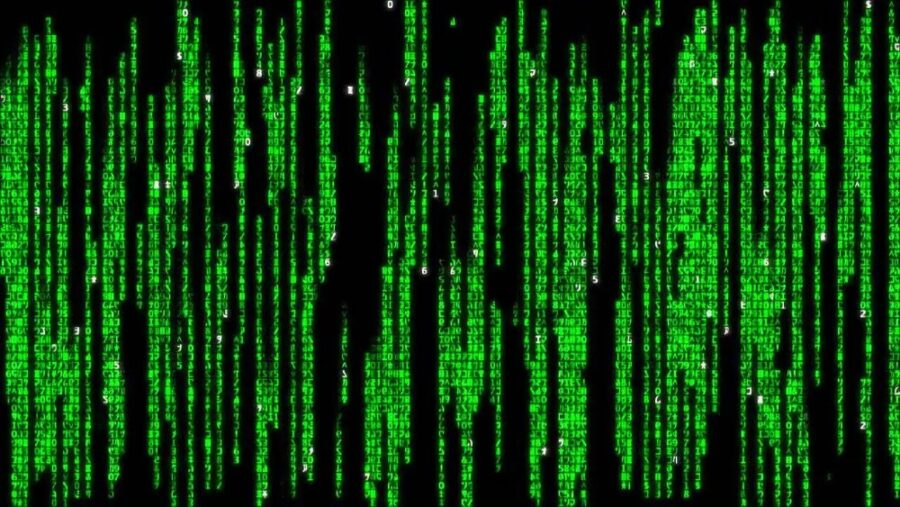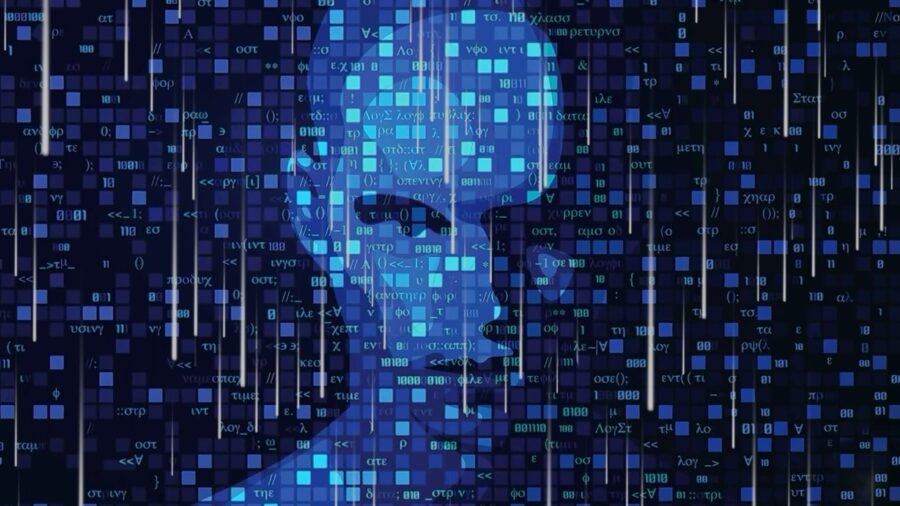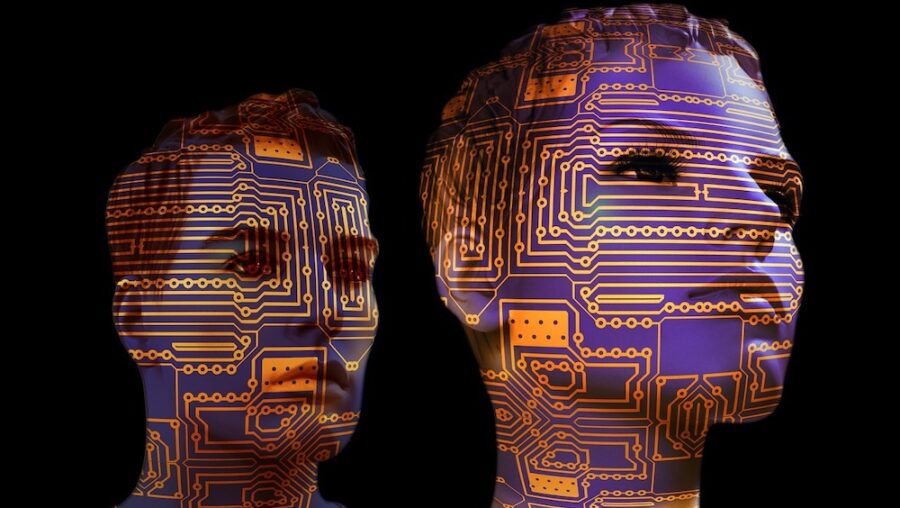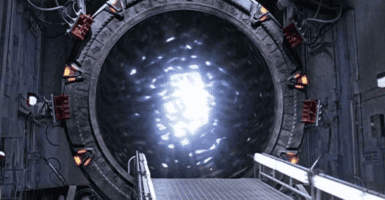Are We Living In A Simulation? The Scientists Who Think So

Are we living in a real-life version of the Matrix? Or, perhaps worse? Free Guy? Some scientists think we might be, and they make a compelling argument to prove it — called simulation theory. But, in the end, do we really care?
For several decades now, and perhaps longer, scientists and philosophers have been asking questions about our reality, and it may or may not relate to computer technology. Simulation theory posits that we, as we see ourselves in what we call our reality, do not exist here. Instead, we are either pure code, just the result of some programmer — maybe a teenage hacker or a corporate computer scientist — or we are humans plugged into a machine that has our brains believing we are living in this reality.
Different Versions Of Simulation Theory

Matrix or Free Guy? Those are your choices. In the Matrix movie, humans exist in a post-apocalyptic world where we are kept in tubes, plugged into machines, and harvested for our organs and fluids. The machines have us convinced we are living in the “real world.” It’s like living your entire life in a dream with no concept of the waking world.
In Free Guy, Guy is an NPC, a non-player character. He’s coded to have certain functions and go through them whenever the game is turned on. He is, in short, code. These are the two versions of simulation theory.
Artificial Life

The argument Swedish philosopher Nick Bostrom makes in his 2003 paper, “Are You Living in a Computer Simulation?” is that there is a future generation that has highly evolved technology, and they are using that technology to run simulation scenarios of the generations that came long before the — us. So, while we may think we’re living our lives, we’re just Guy, out here coded to live this artificial life. Which would make those future humans our… gods?
Our Programmers Are In The Next Universe

David Chalmers, a philosophy professor at NYU, takes Bostrum’s theory one step further by noting that these descendants of ours, our gods, exist in “the next universe up.” They have highly evolved to the point of attaining computers so advanced that we cannot even comprehend them right now. After all, it would take massive amounts of not just technological advances and power for a massive computer to be able to run a simulation that mimics human consciousness so closely, as noted by astronomer Martin Rees.
Close To Achieving Realistic Virtual Reality

And, at this point, we still no so very little about the human brain and human consciousness. Of course, technology, as it is based on math, has no limits. If we can conceive it, there’s a chance, and not a small one, that we can achieve it.
It’s simply a matter of when. After all, as tech entrepreneur Rizwan Virk points out, we are already on our way to creating incredibly realistic simulations with virtual reality and brain-computer interface technologies. As he says, “There are 10 checkpoints on the road to full-blown simulation… and we’re nearly halfway to our destination.”
Why Would Anyone Simulate A Universe?

Still, the first half of these kinds of journeys are usually the quickest. The second half could take thousands of years. The real question, as some of the dissenters, like Harvard University physicist Lisa Randall, have asked, is why would anyone want to simulate us?
Watch enough supernatural television, and you’ll hear about how humans are boring, messy, stupid, lazy, and always uncomfortable. It’s a fair point, but who are we to question our gods? Especially when they would, theoretically, have the power just to shut it all down.












